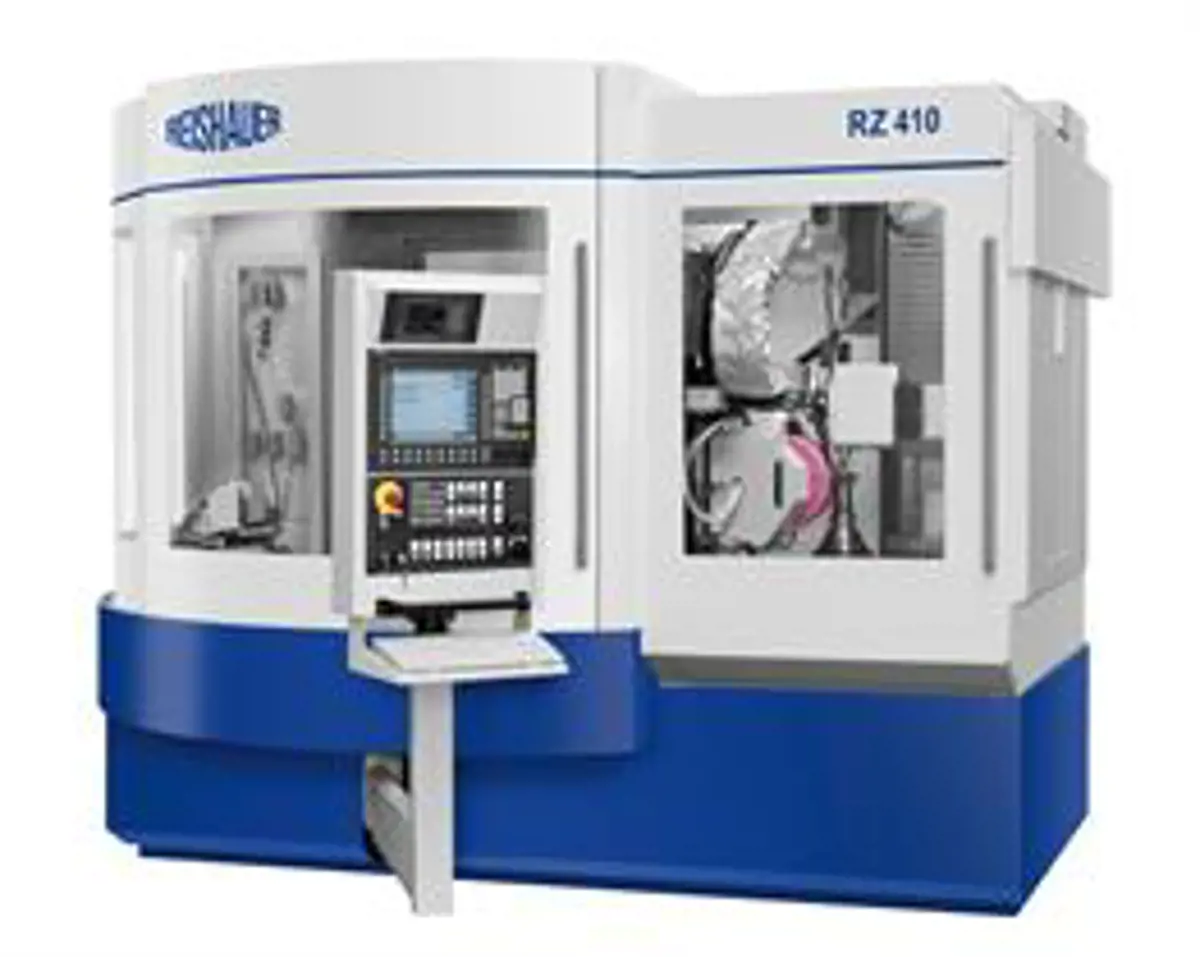
Agricultural combinations are becoming increasingly large and heavy all the time. Accurate balancing of tractor and machinery in agriculture is becoming of vital importance.
Incorrect weight balancing causes damage soil damage and reduces wheel traction. At the same time, every unnecessary kilogram of weight leads to increased rolling drag, resulting in an increase on fuel costs. It is therefore important to adjust the weight balance to dynamic changes in field conditions.
|
|
Unnecessary weight costs fuel and, sometimes, so does too little weight
Every kilogram of extra weight increases the rolling drag, which increases fuel consumption. With a 5-ton tractor, 500 kg of extra weight increases the rolling drag by about 10%. We therefore must be careful about using unnecessary ballast weights. The tractor then needs less fuel, saves on tyre wear and also reduces track erosion in the field.
Weight increases traction
For heavy pulling work, enough weight on the powered axles is needed to avoid wheel slippage. On public roads it is important to be able to safely drive up slopes of up to 15%. For this too, there must be sufficient weight on both axles of the tractor.
|
|
Source: TractorPower (BE), 3rd Edition No. 6, March 2015
Download the complete article from Tractor here